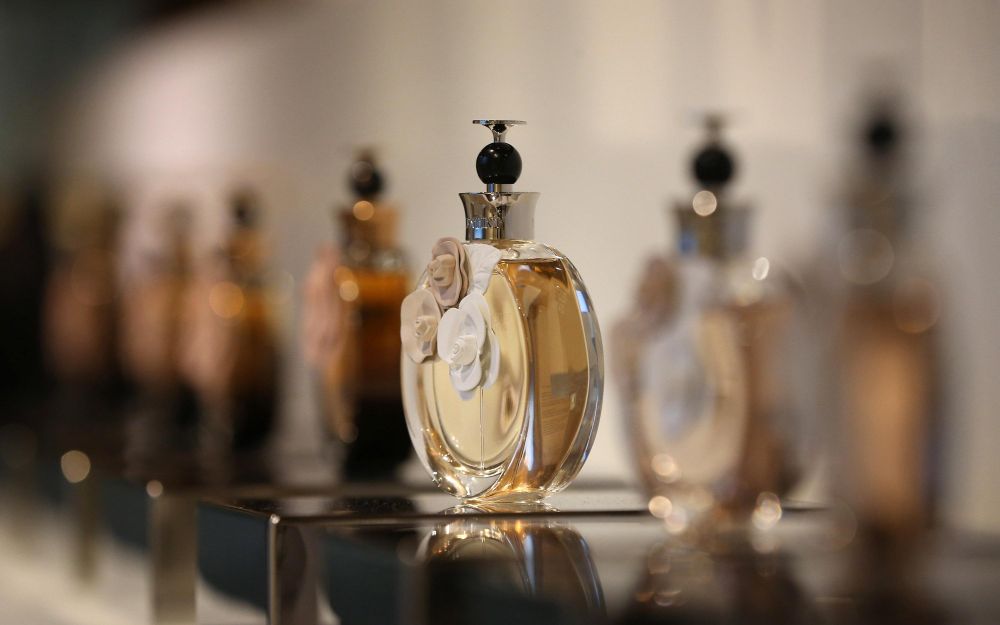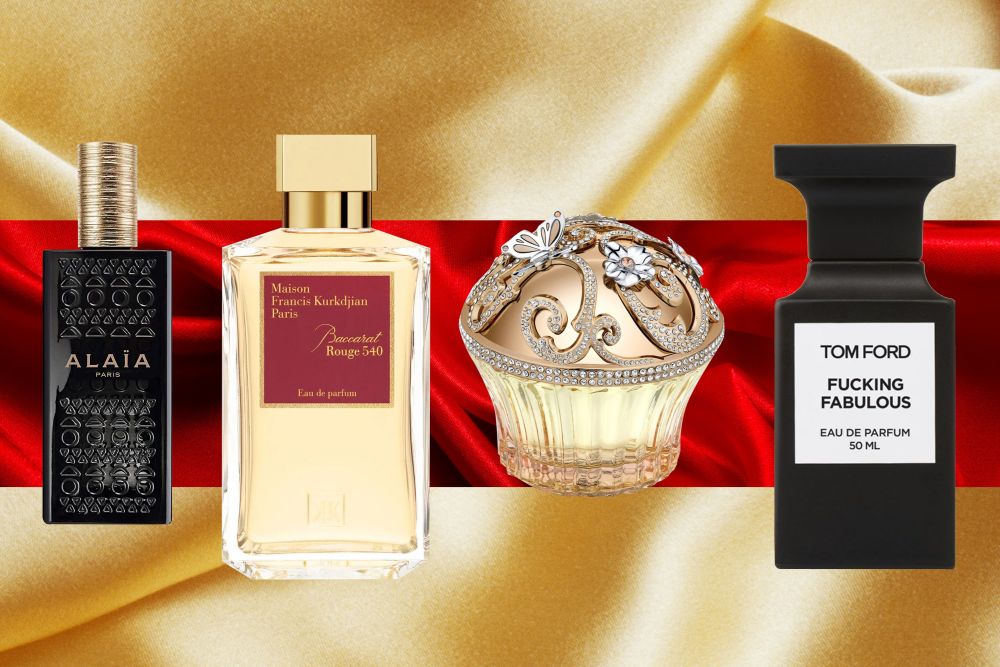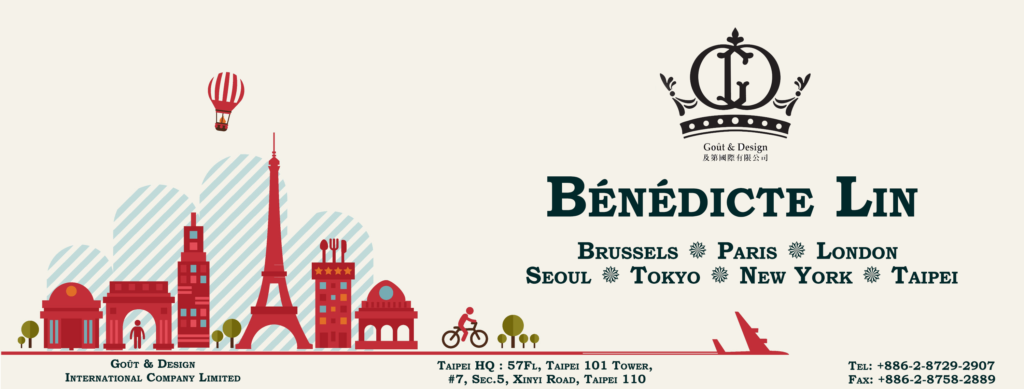Step into the captivating world of fashion, where expensive perfumes have emerged as a new allure. From the rise of indie fragrance brands to Gen Z’s quest for their signature scent, explore the fascinating intersection of fragrance and style.

Expensive perfumes have found themselves in the spotlight, capturing our attention after we’ve exhausted the last drops of our trusty $12 bottle of Dark Kiss body spray from 2013. According to Sue Nabi, the CEO of Coty, a multinational beauty conglomerate, the fragrance industry in the US has experienced a remarkable surge of 60% this year when compared to the pre-pandemic era. Coty, known for its ownership of prestigious fragrance brands like Marc Jacobs and Gucci, surpassed its quarterly expectations earlier this month, reporting an impressive 9% growth in net revenue from the previous year. Nabi attributed this flourishing market to the influence of “Gen Zs, men, [and the] Hispanic community in the US.”

It comes as no surprise that the younger generation, Gen Z, has taken a keen interest in discovering their own distinctive scent. Thanks to platforms like TikTok, this desire has been fueled even further, allowing them to stumble upon indie perfume brands that may have otherwise gone unnoticed. Juliette Has a Gun, an independent fragrance brand, recently concluded a successful funding round, bolstered by exceptional sales reaching $129 million last year.

One might ponder whether this fragrant boom is simply a consequence of our collective malodorous state. However, the truth lies elsewhere—people simply crave small indulgences, even during periods of economic uncertainty. This behavior, commonly referred to as the “lipstick effect,” has been observed throughout history. When faced with financial constraints, consumers tend to cut back on major expenditures, such as buying a new car, and instead opt for more affordable luxuries. Splurging on a $100 bottle of perfume becomes an enticing treat amidst tightening purse strings.

